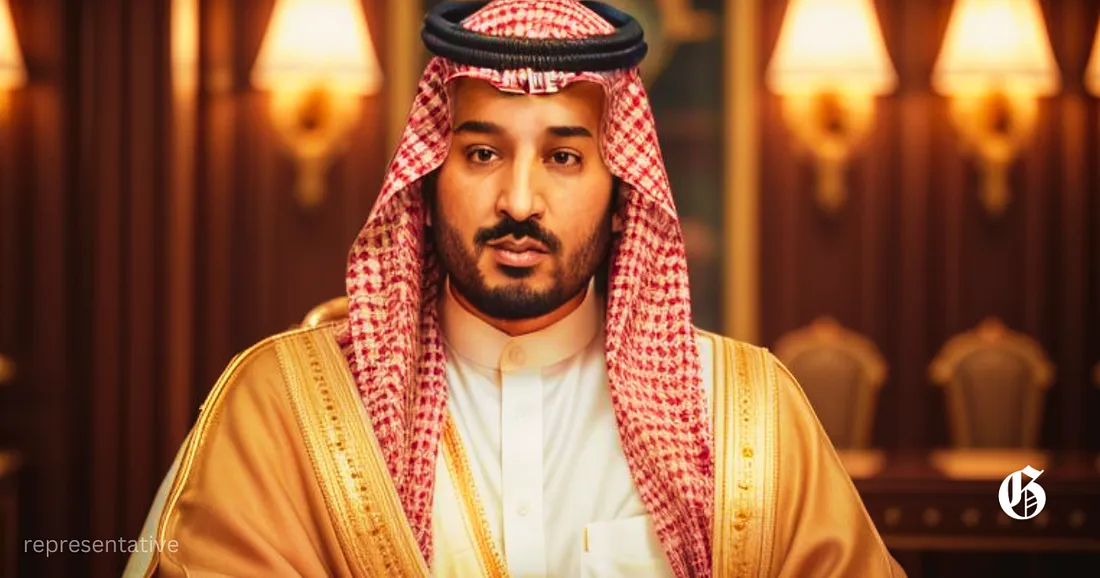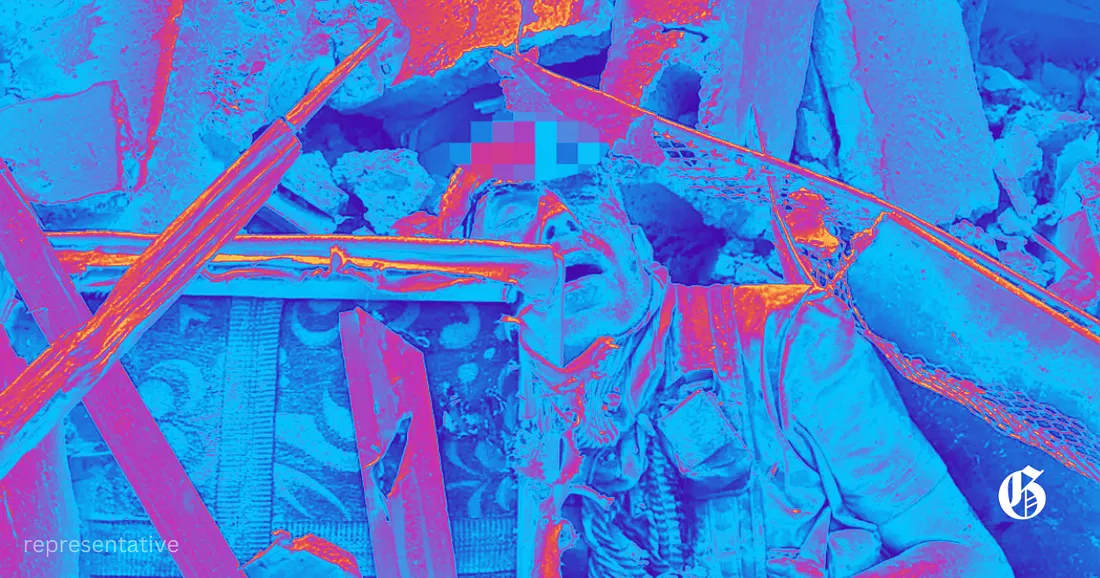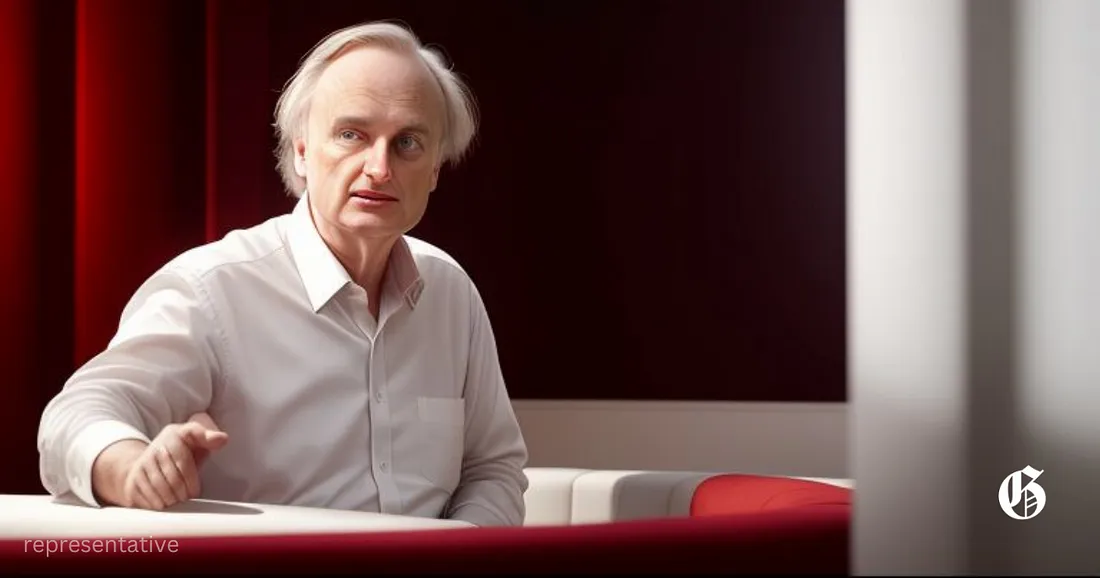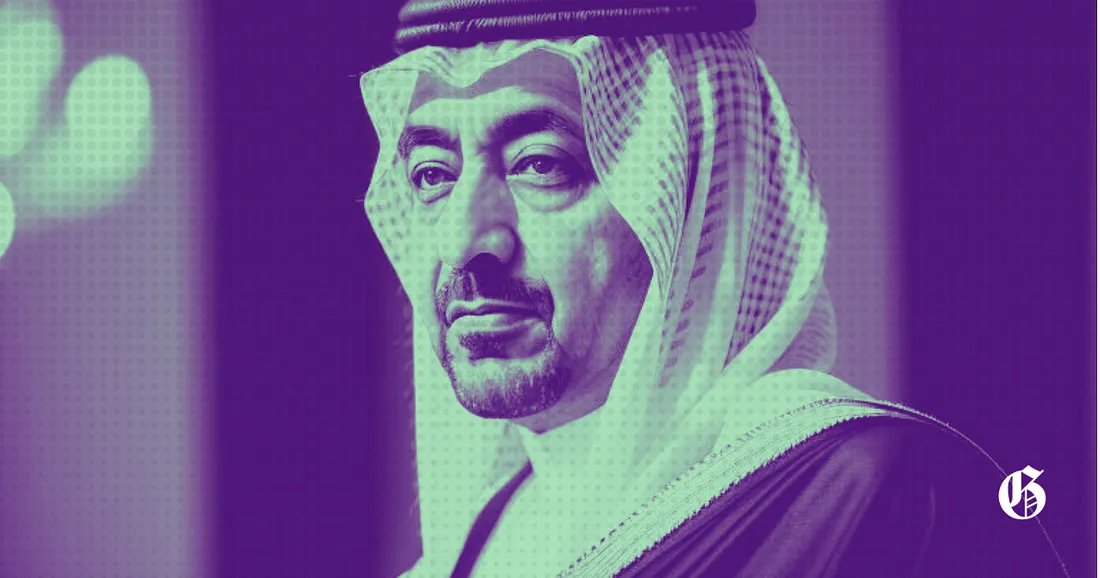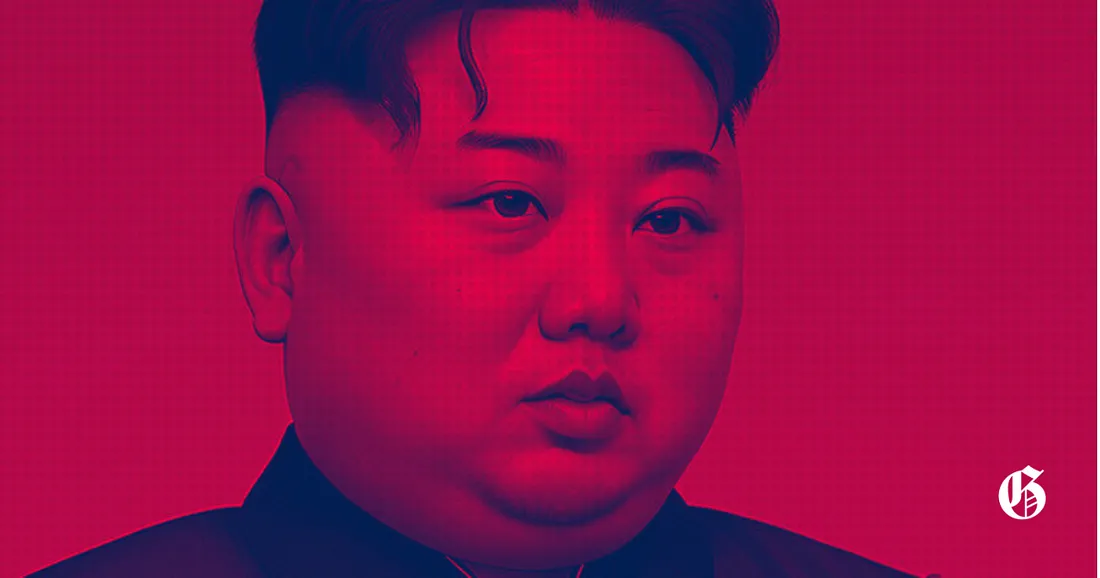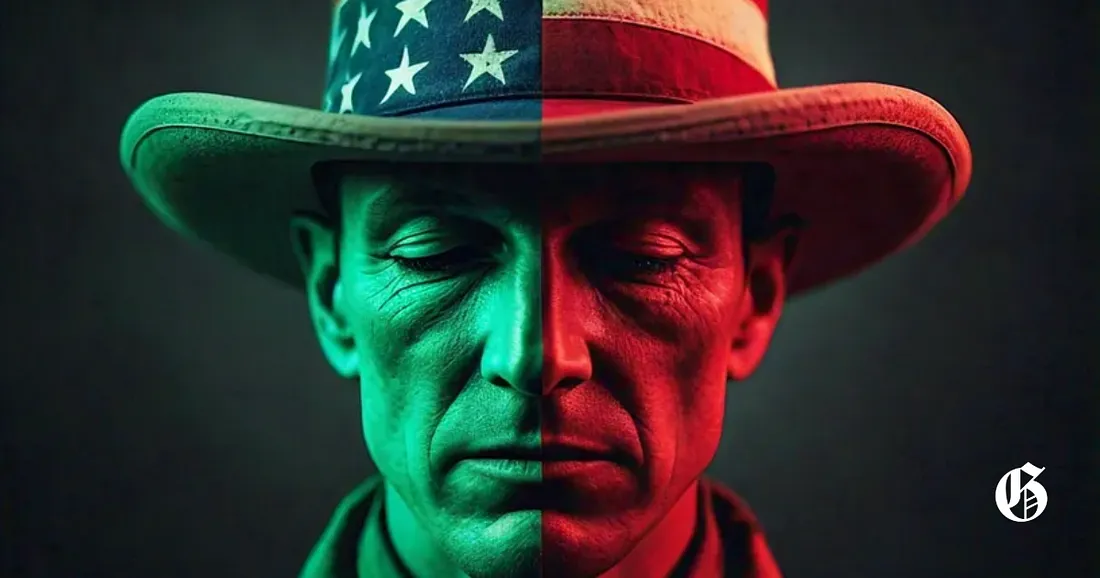The Illusion of Reform: Mohammed bin Salman’s Saudi Arabia
Crown Prince Mohammed bin Salman (MBS) has skillfully portrayed himself as the architect of a new, progressive Saudi Arabia—one that is shedding its ultra-conservative shackles and stepping boldly into the modern world. His reforms, from allowing women to drive to loosening the rigid rules of male guardianship, have garnered applause from the international community. However, beneath the surface, MBS’s reformist narrative is nothing more than a carefully orchestrated ruse designed not to genuinely empower the Saudi people but to entrench his authoritarian control and neutralize the rising threat of political awareness.
The Real Threat: Exposure to the West and Freedom’s Call
At the heart of MBS’s reforms lies a deeper fear—the fear that the Saudi population, particularly the youth, is becoming increasingly aware of the freedoms enjoyed by the rest of the world. The rise of the internet, global media, and social networks has exposed the Saudi people to democratic ideas and human rights—concepts that threaten the very foundation of MBS’s regime. With more Saudis traveling abroad, studying in Western countries, and engaging in global conversations, the rigid grip of the monarchy faces an unprecedented challenge (Financial Express [1]).
Saudi Arabia’s youth, in particular, is growing restless. Over half of the population is under the age of 30, and they are no longer willing to accept the repressive status quo. Exposure to Western lifestyles and freedoms has ignited a desire for personal liberties—freedom of speech, the right to dissent, gender equality, and an end to theocratic control. This growing awareness represents a direct danger to MBS’s dictatorial rule (IEMed [2]).
Al Jazeera's Role in Extremism
In the realm of international journalism, few institutions evoke as much debate and division as Al …
Loosening the Chains: A Calculated Strategy to Distract
To stave off this looming threat, MBS has adopted a cunning strategy: loosening certain social and religious restrictions to keep the population pacified while simultaneously tightening his grip on political power. By allowing superficial freedoms—such as women driving, cinemas opening, and public concerts—the Crown Prince seeks to create an illusion of progress. He permits Saudis to “enjoy life” just enough so they do not think about their lack of true political freedom.
The message is clear: as long as you don’t challenge the regime, you can enjoy certain Western-style pleasures. However, behind these cosmetic changes lies a brutal reality—the absolute authority of MBS remains unchallenged, and those who dare question his rule face swift and violent retribution (The Conversation [3]). Saudi society is being offered just enough personal freedom to distract from the lack of any political freedom.
The Abandonment of Islamic Law as a Tool of Control
One glaring aspect of MBS’s reforms is his calculated move to relax strict Islamic laws that have governed Saudi society for decades. For years, these laws were used as tools to maintain control over the population. Now, as Western freedoms become more appealing, MBS is dismantling those same laws—not out of genuine reform but out of necessity.
By allowing more personal freedoms—through fashion, entertainment, or social interaction—MBS cleverly diverts attention away from political issues. He removes some religious barriers that once restricted enjoyment but does so not to empower citizens; rather, it is a desperate attempt to keep them placated and distracted from his dictatorship (NDTV [4]).
MBS understands that in a rapidly modernizing world where information flows freely across borders, a purely religious autocracy is unsustainable. He is willing to sacrifice strict enforcement of Islamic law as long as it keeps people satisfied enough not to demand real change. The aim is to prevent the Saudi public from realizing that true freedom extends beyond driving cars and watching movies—it encompasses having a voice and power over their future—something MBS will never allow.
The Illusion of Reform: A Tyrant’s Distraction
The real purpose behind MBS’s reforms is not modernization but manipulation. He offers his people a hollow version of freedom—one that allows them to enjoy superficial pleasures while he consolidates absolute power behind the scenes. The gradual loosening of religious and social restrictions is not a sign of progress; it is a survival tactic for a ruler who knows that his people could rise against him if fully awakened.
By allowing Saudis to experience Western culture in controlled doses, MBS buys time. He hopes that by offering these small liberties, he can prevent a larger wave of demands for true democracy and political freedom. But make no mistake—beneath the concerts, cinemas, and social liberties lies a police state where dissent is crushed, journalists are silenced or murdered (Hope & Scheck [5]).
Conclusion: A False Choice
Mohammed bin Salman’s reforms are a masterclass in deception. He offers the Saudi people a false choice: enjoy new social freedoms or challenge the regime and face severe consequences. His reforms are not born from a progressive vision but are instead desperate attempts to maintain control amid growing awareness and desire for real freedom. The West must not be fooled by this façade—true progress will only come when Saudis can speak freely, organize politically, and hold their leaders accountable.
Until then, MBS’s so-called reforms remain what they are: a cynical ploy to distract, deceive, and suppress genuine calls for freedom and democracy.
